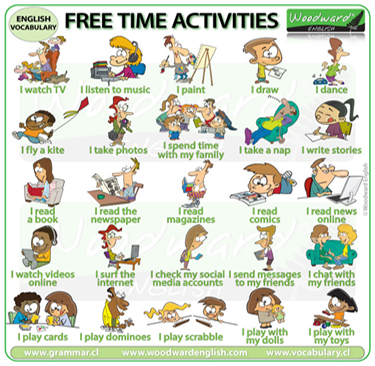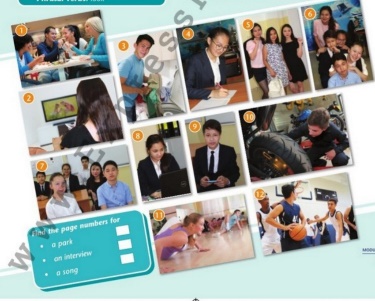№37 secondary
school-gymnasium
Short lesson plan
|
Module:2
|
Daily life &
Shopping
|
|
Trainee's
name
|
Muzdybaeva
Erkemay
|
|
Date:
|
26.10.2021
|
|
Grade: 8 «а»
|
Number
present:
12
|
Absent: 0
|
|
Theme of the
lesson
|
Daily routines &
Free-time activities
|
|
Learning objective(s)
that this lesson is contributing
to
|
8.1.1.1 use speaking and
listening skills to solve problems creatively and cooperatively in
groups
8.3.7.1 use
appropriate subject-specific vocabulary and syntax to talk about a
growing range of general topics, and some curricular
topics
|
|
Lesson
objectives
|
All learners will be able
to:
Most learners will be able
to:
Some learners will be able
to:
|
Plan
Lesson time
Teacher activities
Student activities
Assessment
Resources
Beginning
3
min
Good morning, my dear
students!
How are you
today?
Who is on duty
today?
What day is it
today?
What date is it
today?
Who is
absent?
Students greets the teacher
and answer the questions
Middle
38
min
End
4
min
Our topic for
today “Daily routines & Free-time
activities”
(5
min)
Questions on the
topic:
What do you do in your daily
life?
What do you do in your free
time?
-
Which are daily routines?
Which are free-time activities? Decide in
pair. (10
min)

-
Match the pictures (1-12)
to the daily routines or free-time activities below.
(6 min)

-
do
homework/study
-
be in a sports
club
-
work
-
hang out with
friends
-
do
chores
-
go
shopping
-
surf the
Net
-
watch
TV
-
eat
out
-
exercise
-
play video
games
-
go to
school
Picture 1: eat
out
3. Use phrases from Ex:1 to
describe your daily routine and free-time activities.
(10min)
I go to school every
weekday
I do my homework in the
afternoon
Vocabulary
• do
homework/study
• be in a sports
club
• work
• hang out with
friends
• do
chores
• go
shopping
• surf the
Net
• watch
TV
• eat
out
• exercise
• play video
games
• go to
school
4. Listen
and watch to videos and answers test
questions: (7
min)
Test
1.What time does he wake
up?
a. at
7.30.
b. at
8.00.
c. at
7.00.
2.Which of these things does he NOT have for
breakfast?
a.
Fruit.
b. Toast
and jam.
c.
Juice.
3.How
does he go to school?
a. He
goes by bus.
b. He
goes by car.
c. He
walks
4.What time does he have a break for
lunch?
a. at
11.00.
b. at
12.00.
c. at
12.40.
5.Where does he have
lunch?
a. In
the town centre
b. At
the school.
c. At
home.
6.What does he think about school
food?
a. It
isn't good.
b. It's
good.
c. It's
very good.
7.What does he do when he arrives
home?
a. He
relaxes.
b. He
helps his mum.
c. He
has dinner.
Reflection «My favorite
envelope»
Reflection
Pupils are given stickers,
they write their impressions of the lesson on them and put them in
one of the red, yellow and green envelopes
Green -
is very easy and
interesting
Red -
was boring and very
difficult
Giving
homework:
-
Well done. Open your diary and
write down homework.
Workbook ex:1-4
and learn
vocabular.
The conclusion of the
lesson
Assessment by the
smiles
Ok guys today’s lesson is
over. I think that it was useful for everyone! See you
later
Students talk about what they
do in their daily life and in their free
time.
Using the given words, he
finds and writes in the picture work that can be done daily and in
free time.
Students talk to each other
about what they do in their daily life in their free
time.
There are several words in the
box, and students take one word from the box and make a sentence
for that word.
Makes sentences using
words
Listens to the video and answer
the test questions
Write on sticky notes if the
lesson was interesting or not, and put it in an
envelop
During the lesson, children
are given special figures, through which they are
assessed.
□ - very
good
○ -
good
During the lesson, children
are given special figures, through which they are
assessed.
□ - very
good
○ -
good
During the lesson, children
are given special figures, through which they are
assessed.
□ - very
good
○ -
good






